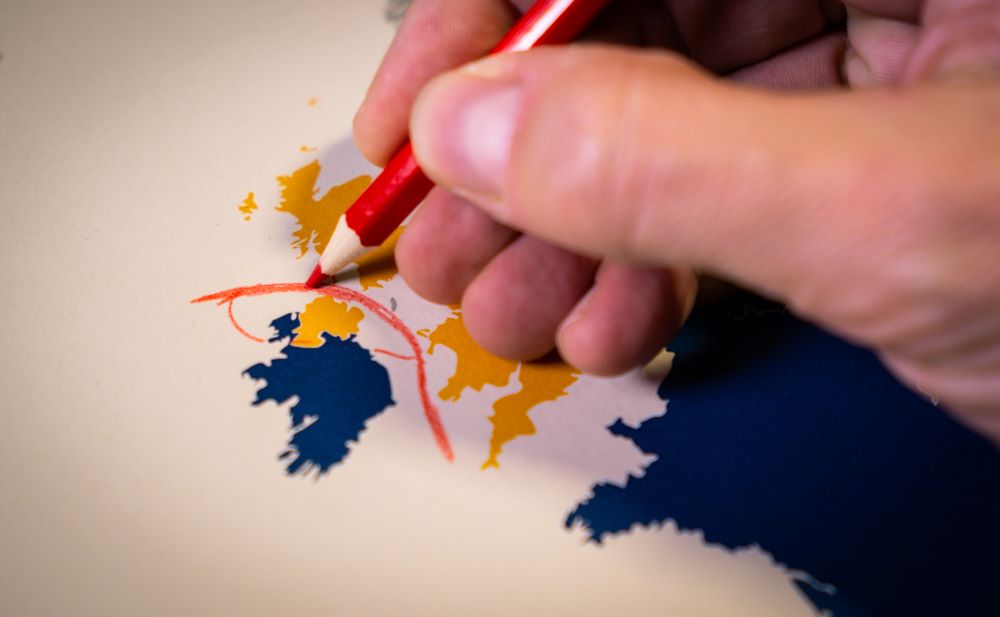
The government yesterday (Wednesday, 20 May) published its long awaited proposals for how trade could operate between Great Britain and Northern Ireland, and onwards to the Irish Republic, after the Brexit transition period ends.
The UK approach to the Northern Ireland Protocol document sets out how the UK will implement the Northern Irish part of the Brexit Withdrawal Agreement the UK struck with the EU.
The so-called Northern Ireland Protocol protects the Good Friday [peace] Agreement and the all-Ireland economy.
The UK’s proposal unveiled by cabinet minister Michael Gove, which aims to be as “light-touch, effective and unobtrusive” as possible, has four elements:
1. ‘Unfettered access’
Trade from NI to Great Britain to “take place as it does now” in that there will be no restrictions on goods moving from the province to the rest of the UK, an arrangement that will be enshrined in legislation later this year.
The document says it “makes no sense” for NI businesses to have to complete export declarations for moving goods to Great Britain – something the EU has argued should happen.
2. ‘No’ to tariffs but ‘yes’ to declarations
Tariffs - No tariffs, export declarations, customs or regulatory clearance to be required on any goods leaving Great Britain for Northern Ireland.
Only goods ultimately entering the Irish Republic or “at clear and substantial risk of doing so” will face tariffs. The government has not detailed how “at risk” will be determined.
The document cites the example of a supermarket delivering to stores in NI as posing “no risk” to the EU Single Market and so no tariffs would be owed for such trade.
The EU wants tariffs on all goods entering NI from Great Britain, with rebates for those goods that stay in NI and that do not progress into the Irish Republic, a member of the EU Single Market.
Declarations - Gove told MPs yesterday there will need to be declaration of goods as they move from the mainland to Northern Ireland.
The method of doing so will be “electronic and administered by UK authorities… [who will] determine any processes required using technology, risk and compliance requirements,” he said.
There will be extra checks on agriproducts at Belfast and Warrenpoint Ports, and both Belfast airports, with Larne Port designated for live animal imports.
3. No new customs infrastructure
Existing border infrastructure will be expanded at ports and airports to facilitate extra check, but no new physical border posts will be built.
As no new buildings will be designated for checks on food and animals, there is speculation that these will take place in veterinary surgeries and other premises.
4. Trade between NI and ‘third countries’
The document says that NI businesses will benefit from any preferential tariffs arising from new free trade agreements that the UK strikes with other countries.
NI supply chain fears
The proposals attempt to address the fears of Northern Irish businesses about an increased burden of customs checks and administration. Supermarkets and manufacturing in particular rely on frictionless supply chain movement of goods from Great Britain to NI.
Business campaign body Manufacturing NI welcomed the document and “the high level commitments that HMRC and other agencies will provide funding and support”.
However, it called for “the detailers and operational guidance” as “it will be the Northern Irish ‘importer’ who will have to fill in any forms and pick up the costs”.



